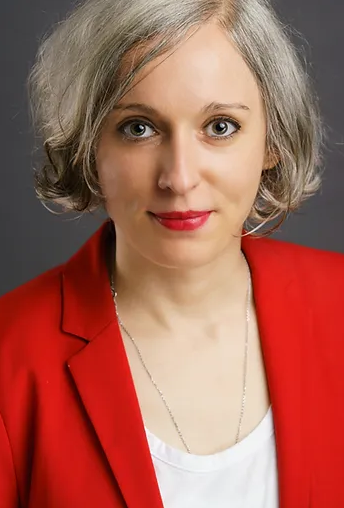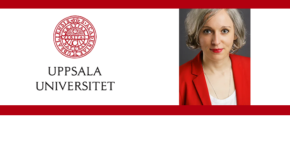 What do patients bring to healthcare? More than you might think.
What do patients bring to healthcare? More than you might think.
Charlotte Blease, associate professor at Uppsala University, tells us.
Dr Charlotte Blease is a health informaticist and philosopher. She works in Uppsala University, Sweden, and before this was based at Harvard Medical School for five years where she is still a research affiliate. She has held academic posts across Europe and the UK.
Dr Blease has published more than 150 journal articles across digital health, evolutionary psychology, health psychology, philosophy, and ethics. She is a leading expert in placebo studies, and in February 2024 her co-edited volume “The Nocebo Effect: When Words Make You Sick” was published with Mayo Clinic Press. Dr Blease also researches the role of artificial intelligence in taking over doctors’ jobs. Her book “Dr Bot: Why patients need digital doctors and what technology still can’t do” will be published by Yale University Press in 2025. You can follow her at crblease on X/Twitter. In this essay, co-written with Joanne Hunt, she discusses the importance of patients acting as co-investigators in medicine.
Empowering Patient Research
Joanne Hunt has spent over a decade mostly confined to her home due to Ehlers-Danlos syndrome and ME. Her struggles to receive diagnoses and appropriate care for her conditions reveal a stark reality: patients may face lack of understanding and effective treatment from clinicians.
Joanne’s story highlights a broader problem: traditional research involves able-bodied professionals studying patients as subjects. But this approach overlooks the unique expertise that patients can bring to healthcare.
Rosamund Snow, a British pioneer in patient-led research, demonstrated the potential of a different kind of medical collaboration. Diagnosed with type 1 diabetes, Snow’s research overturned doctors’ assumptions about patient behavior in blood sugar monitoring. In the US Liz Salmi, who lives with brain cancer, has championed patient access to medical records, revealing patients can benefit from transparency. In Sweden Sara Riggare, lives with Parkinson’s disease and her research embodies the concept of “personal science”. Sara uses her engineering background to quantify and better manage her condition.
Despite facing barriers, these patients have significantly impacted medical understanding.
Meanwhile, Joanne Hunt has published a dozen academic papers but is struggling to enroll on a PhD program in Britain because of literal and figurative barriers to campus life. Yet incorporating patient insights can enrich clinical knowledge. And by doing so, healthcare could better serve the people it is tasked with treating.
Read More:
[Aeon] – Empowering Patient Research
[BMJ Journals] – Epistemic injustice, healthcare disparities and the missing pipeline: reflections on the exclusion of disabled scholars from health research
[BMJ Journals] – Epistemic injustice in healthcare encounters: evidence from chronic fatigue syndrome

